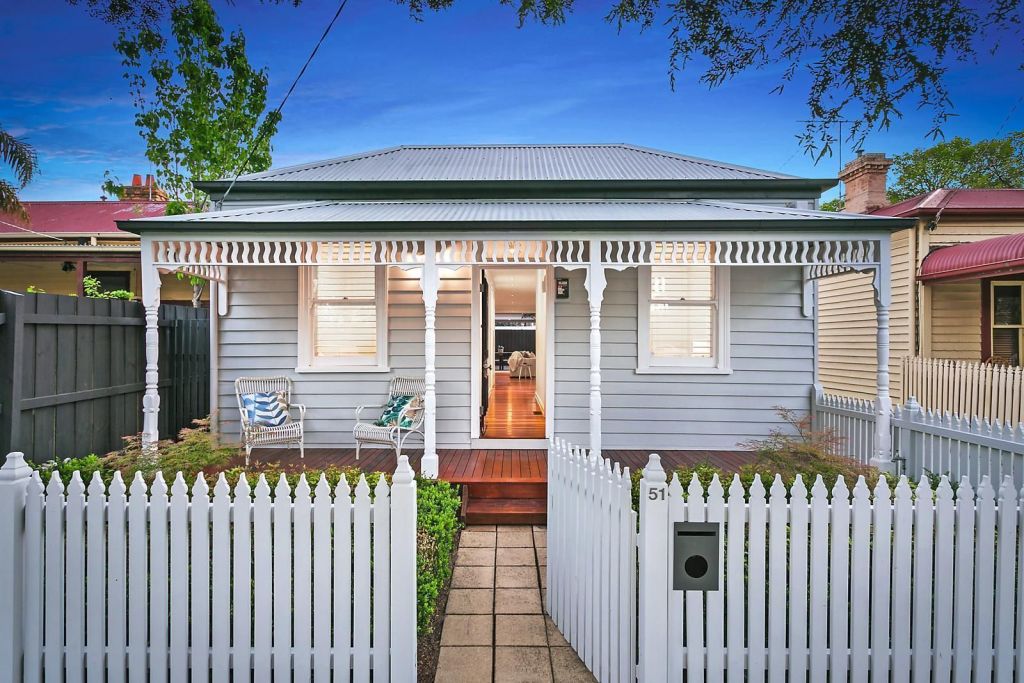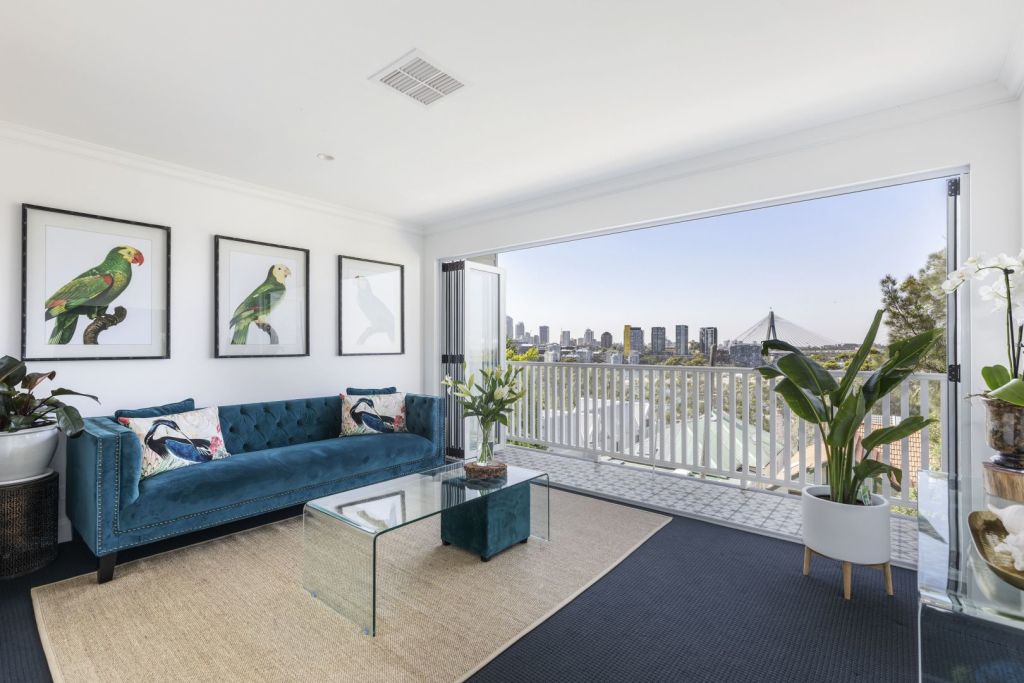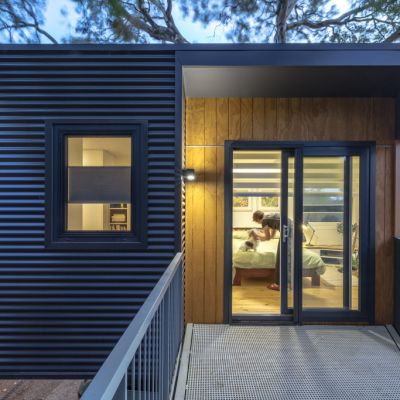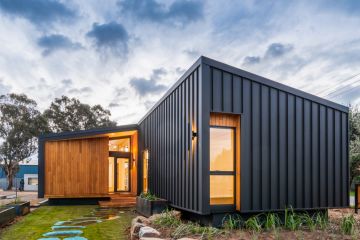Where to live when you've sold your home and haven't found a new home yet

Selling and buying property is a juggling act. When the real estate market isn’t booming and you’re wishing to upsize, the choices can be few and far between.
Many people sell their house before buying so they know how much money they have. Then they wonder where they should live while they look for a place to buy.
“They really do stress about that,” says Nicole Gleeson, partner at Kay and Burton real estate in South Yarra. “I think it’s what my clients worry about the most. It can actually impact on their decision, whether they sell and what their settlement terms might look like,”
To avoid being homeless, sellers are asking for longer settlement periods than before. In the past, a typical settlement period was 60 to 120 days, whereas it’s now common for sellers to ask for 120 to 180 days.
Then there is the issue of moving furniture and belongings. “Putting things in storage can be painful, annoying, expensive and frustrating,” says Gleeson.
It’s not always possible to line up selling and buying a new property in one seamless transaction. So, what are the options for living between properties?
1. Find a short-term lease
Most people will try to get a six-month lease, store their furniture and use the bare necessities, such as their beds and kitchen table until they move into their purchased property.
But short-term leases are difficult to find. “A lot of landlords prefer a 12-month lease because they don’t want to put their property back on the market after six months,” says Karen Murphy, real estate agent at Jeffree Real Estate, Gymea in Sydney.
“They have to go through marketing and lose income at that time. So, it’s really difficult to get a six-month lease.”

2. Break a 12-month lease
If finding a six-month lease is proving too difficult, the next option is a 12-month lease. This can reduce the stress of finding a property because buyers have a longer timeframe. This is also an option for sellers who wish to move out of their house while it’s on the market.
“You could get a 12-month lease, put in notice earlier than the expiry of the lease, then pay for the marketing to put it back on the internet. You pay rent until the owner can find a new tenant,” says Murphy.
3. Lease the old home back
If the new owners aren’t in a rush to move in, you could negotiate to live and pay rent in the house you just sold. This would be the most convenient option as you don’t have to think about moving, storage, or the connection of services such as electricity or the internet.
“They can lease it back, but it’s pretty rare. They might occasionally have a situation where they settle and they will rent it back from the vendor,” says Gleeson.
4. Rent a furnished property
For a short period of time, you could consider a furnished home and store the furniture. “If you can get a furnished place, you’re looking at probably double the normal rental,” says Murphy. Companies leasing furnished apartments cater for the corporate and holiday market, and charge per day.
If the time period is less than a week, some removalists offer to keep furniture in the truck until the day you move in. “They charge huge rates, but that might be better than actually unpacking the truck and moving it into a storage unit,” says Gleeson.

5. Stay in another property
Those with a holiday home or an investment property could stay in it between moves. “If they have two homes, they could commute for a very short time,” says Gleeson. “That’s one option for top-end clients, if they have a beach house.”
6. Move in with family
“A lot of families move in with their parents if they can all fit,” says Murphy. Once again, you would need to store furniture, but otherwise the rent is practically zero. Also, there is no need to connect and disconnect services such as electricity. The success of this option depends on how well you all get along.
Thinking of selling? Read Domain’s Ultimate Guide To Selling Your Home to find out everything you need to know.
We recommend
We thought you might like
States
Capital Cities
Capital Cities - Rentals
Popular Areas
Allhomes
More










